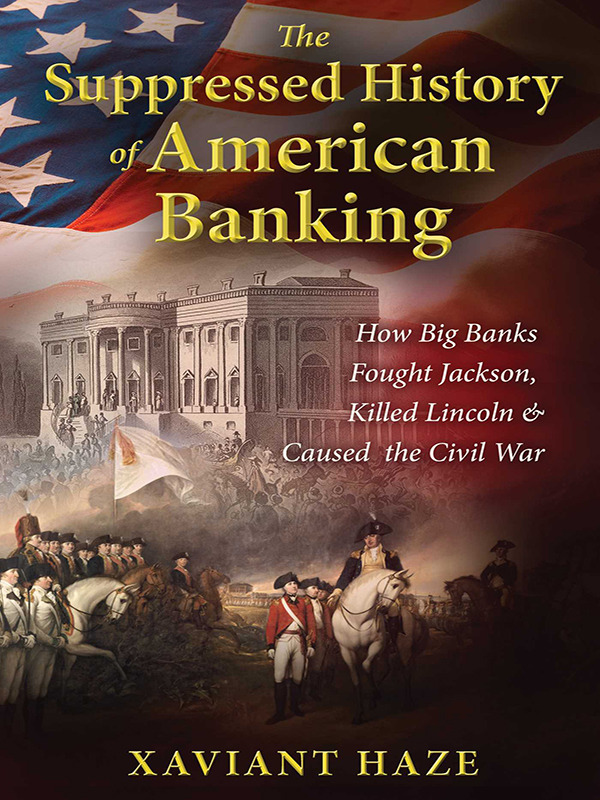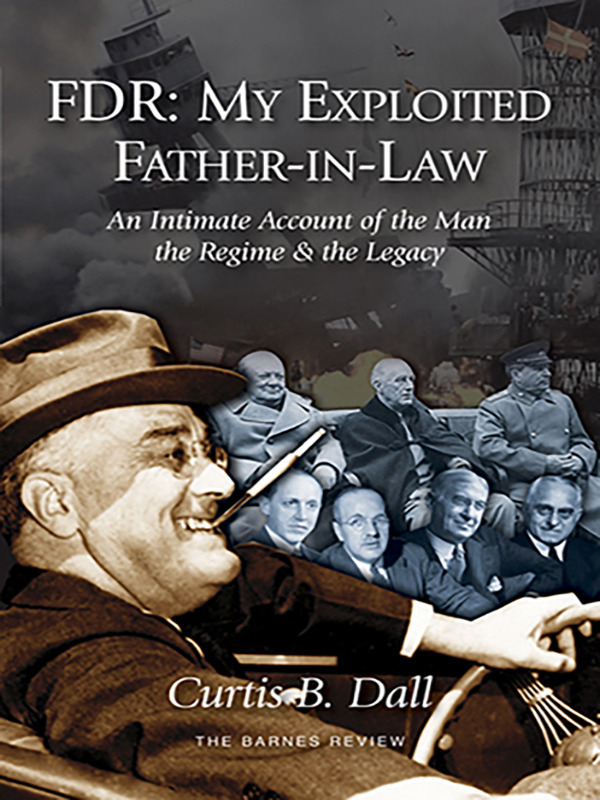The Suppressed History of American Banking: How Big Banks Fought Jackson, Killed Lincoln, and Caused the Civil War
$16.00
In this startling investigation into the suppressed history of America in the 1800s, Xaviant Haze reveals how the powerful Rothschild banking family and the Central Banking System, now known as the Federal Reserve Bank, provide a continuous thread of connection between the War of 1812, the Civil War, the financial crises of the 1800s, and assassination attempts on Presidents Jackson and Lincoln.
The author reveals how the War of 1812 began after Congress failed to renew a 20-year charter for the Central Bank. After the war, the ensuing debt forced Congress to grant the central banking scheme another 20-year charter.
The author explains how this spurred General Andrew Jackson–fed up with the central bank system and Nathan Rothschild’s control of Congress–to enter politics and become president in 1828.
- Description
Description
In this startling investigation into the suppressed history of America in the 1800s, Xaviant Haze reveals how the powerful Rothschild banking family and the Central Banking System, now known as the Federal Reserve Bank, provide a continuous thread of connection between the War of 1812, the Civil War, the financial crises of the 1800s, and assassination attempts on Presidents Jackson and Lincoln.
The author reveals how the War of 1812 began after Congress failed to renew a 20-year charter for the Central Bank. After the war, the ensuing debt forced Congress to grant the central banking scheme another 20-year charter.
The author explains how this spurred General Andrew Jackson–fed up with the central bank system and Nathan Rothschild’s control of Congress–to enter politics and become president in 1828.
Citing the financial crises engineered by the banks, Jackson spent his first term weeding out Rothschild agents from the government. After being re-elected to a 2nd term with the slogan “Jackson and No Bank,” he became the only president to ever pay off the national debt. When the Central Bank’s charter came up for renewal in 1836, he successfully rallied Congress to vote against it.
The author explains how, after failing to regain their power politically, the Rothschilds plunged the country into Civil War. He shows how Lincoln created a system allowing the U.S. to furnish its own money, without need for a Central Bank, and how this led to his assassination by a Rothschild agent. With Lincoln out of the picture, the Rothschilds were able to wipe out his prosperous monetary system, which plunged the country into high unemployment and recession and laid the foundation for the later formation of the Federal Reserve Bank–a banking scheme still in place in America today.
Softcover, 240 pages, 79 B&W illustrations, #781.
About the Author
Xaviant Haze is a researcher of ancient manuscripts and alternative history, exploring and documenting his findings on lost cities and the myths of the pre-diluvian world. The coauthor of The Suppressed History of America, he lives in South Beach, Florida.








